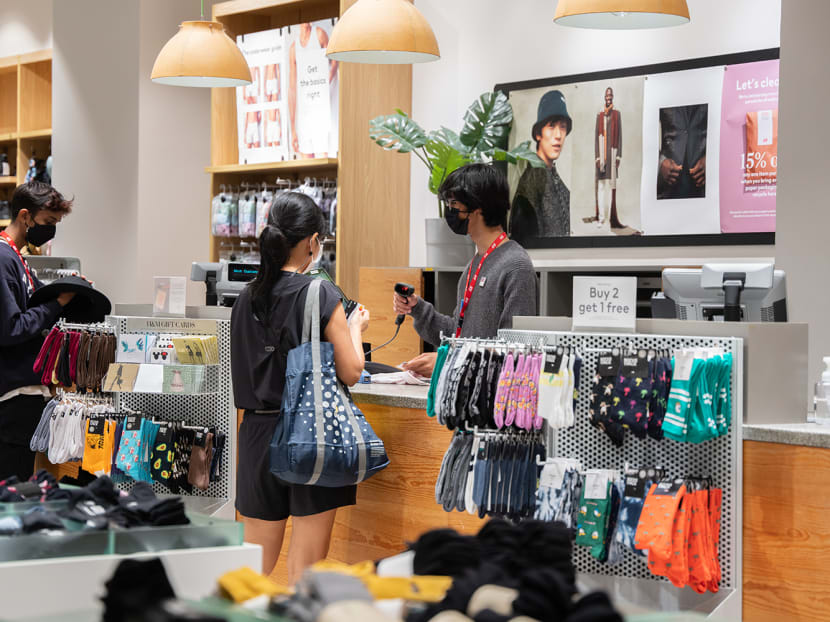POV: Raising wages of retail workers will hopefully make it a longer-term career for more
Unreasonable customers and standing for long hours aside, a retail job is fairly straightforward — it involves some degree of stocktaking, order processing and housekeeping.
Unreasonable customers and standing for long hours aside, entry-level retail jobs are fairly straightforward — it involves some degree of stocktaking, order processing and housekeeping.
Ideally, having good people skills is a must, but otherwise the requirements to join the sector aren’t onerous.
It could explain why retail has been an appealing choice for those entering the workforce or seeking part-time work, such as students.
Manpower data last year showed the wholesale and retail trade sector has the third highest number of resident workers aged between 15 and 19 years old.
But at about S$8 per hour, the pay for entry-level retail positions isn't great, so it’s not surprising if people shun it in favour of other jobs with similarly low barriers of entry, such as food delivery.
In that light, the Government’s decision on Monday (Aug 15) to accept recommendations to boost the wages of retail workers through the Progressive Wage Model (PWM) is a step in the right direction in attracting more people to consider it as a long-term career.
For context, close to half of full-time resident retail employees earn at or less than the 20th wage percentile of the local workforce, which was nominally S$2,340 a month as of June 2020.
Also consider this: A recent study by DBS Bank found the expenses of its customers who earn below S$2,500 grew 13.8 per cent from May last year to May this year, which is 5.6 times faster than their income growth at 2.5 per cent.
With a greater reason to stay in the sector, retail jobs may not just be seen as part-time positions, but a career that allows for progression, and perhaps, an opportunity to branch out to other retail-related roles.
It could also help plug the manpower shortage in the sector, which is finding it harder to hire foreign workers after labour regulations for the services sector were tightened last year.
As a country, a retail sector with workers who stay longer and get better at their jobs could bolster Singapore’s status as a vibrant shopping and lifestyle destination for tourists.
This might be good news for retail workers, but what does it mean for consumers?
We could expect higher prices for goods, but not by much, since the Government will co-fund the bulk of the wage increases with employers under the Progressive Wage Credit Scheme.
We should also expect better customer service, too, if we factor in the new training requirements and retention of experienced staff.
The bottom-line is: We all stand to gain from the PWM revision, and if paying a little more also helps narrow income inequality, why not?












